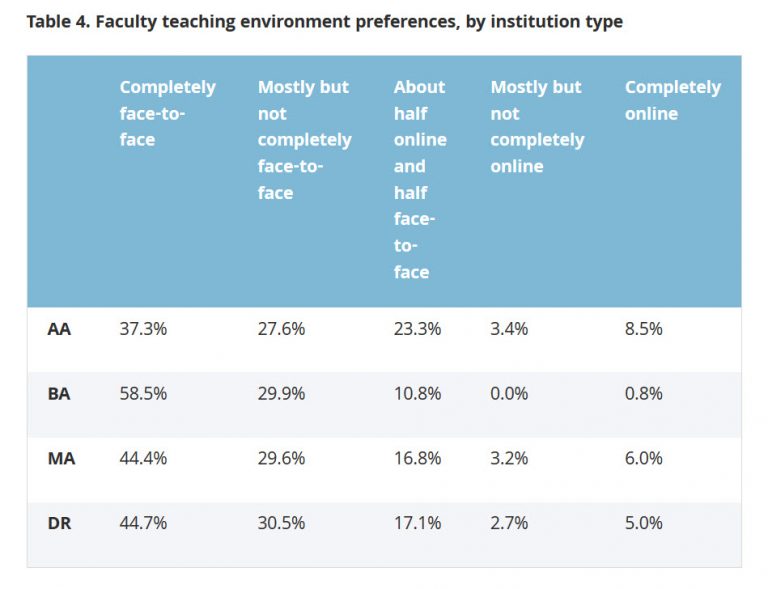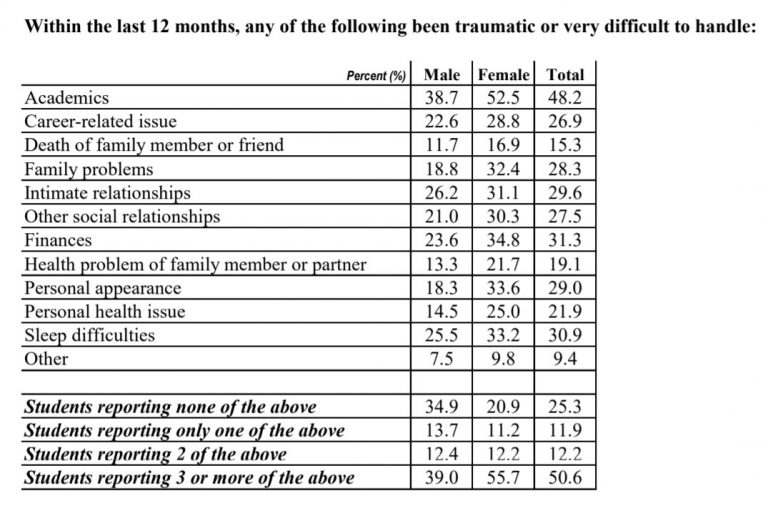With apologies to the late Warren Zevon, isolation is hardly splendid – at least when it is forced upon us.
I wrote last week about ways to create structure and belonging for students in online classes. Later in this post, you will find some information about student mental health, which was shaky even before the forced isolation.

Faculty, too, are feeling the stress, of course. Few of them prefer to teach online, and most have actively avoided it. Now they have no choice, adding to the stress of a pandemic that has roared across the globe, an economy that has screeched to a halt, and a shortage of toilet paper that has – um, let’s not go there.
To help with the challenges of isolation and online teaching, the Center for Teaching Excellence has created a Faculty Consultant Network. This is made up of 13 instructors in 10 disciplines across the university who have experience in online teaching and digital tools. We see the network as an important way for instructors and GTAs to remain connected to the KU community during their time away from campus.
Andrea Greenhoot, the director of CTE, describes the network consultants as peer “thought partners” who can help colleagues in similar disciplines. They are available to meet remotely with colleagues and discuss strategies for teaching and working remotely. They will also help build community among instructors through regular online discussions that anyone can join.
You can find the list of peer consultants on the KU website for remote teaching. You can contact them directly or join their online office hours or open discussions, which are also listed.
An important change in Zoom
Some users of the videoconferencing tool Zoom have reported that outsiders have been able to gain control of meeting screens and display inappropriate material.
To prevent that, the company has changed the default setting on Zoom so that only a meeting organizer has screen-sharing privileges. The organizer can still allow others to display their screens, but the default of allowing anyone to share has changed.
Keeping an eye on mental health
Over the past few days, I have corresponded with students who have talked about being overwhelmed with the volume of communication from their instructors, from the university, from families, and from their children’s schools. Some have been caring for sick relatives in other states. Some are themselves sick. Still others say they are struggling with time management now that the structure of a daily routine has melted away and their children and significant others are stuck inside with them.

That’s just from a single class of 18. Multiply that by thousands, and you get a sense of the broad, personal impact the pandemic is taking on our students. Consider, too, that even before the current turmoil, student mental health was shaky.
At an online workshop on Monday, Jody Brook, an associate professor of social welfare and a faculty fellow at CTE, offered this statistic for context: More than 60% of college students have had overwhelming levels of anxiety at some point in the previous year. Again, that was before the outbreak of Covid-19.
More than a quarter of students say that anxiety has hurt their academic performance, and 39% of men and 53% of women say that their academic work as been traumatic or difficult to handle in the previous year. These statistics come from the National College Health Assessment.
Brooks and Sydney Morgan, a counselor at Counseling and Psychological Services, said that everyone reacted differently to stress but that instructors needed to watch for these signs among students:
- Students who fail to respond to queries, fail to turn in assignments or suddenly perform worse in class.
- Students who express hopelessness or extreme anger, or who send lengthy rants to others.
- Students who express loneliness, fear or statements about death or suicide in their work.
Don’t be afraid to reach out to students, Brooks and Morgan said, but make sure to refer them to the right resources. CTE also has resources for instructors, and CAPS is also still available. Morgan said CAPS had been transitioning to appointments by phone. If students are out of state, CAPS will help the students find a counselor in their area.
Importantly, instructors need to be flexible and realistic with students. Brooks said that not only was flexibility important but that it was a requirement during a time of crisis. Most students will struggle with maintaining the same level of work they did before the social distancing began. Executive functioning diminishes during times of crisis, making it harder to focus, plan and get things done, Brook said.
That’s worth repeating: Increasing amounts of stress make it hard to focus and get things done. That applies to all of us.
So during this time of less-than-splendid isolation, take a deep breath and forgive yourself for failing to complete even one of the 978 tasks that have suddenly materialized on your to-do list. And consider that your students are facing the same challenges you are, but in different ways.